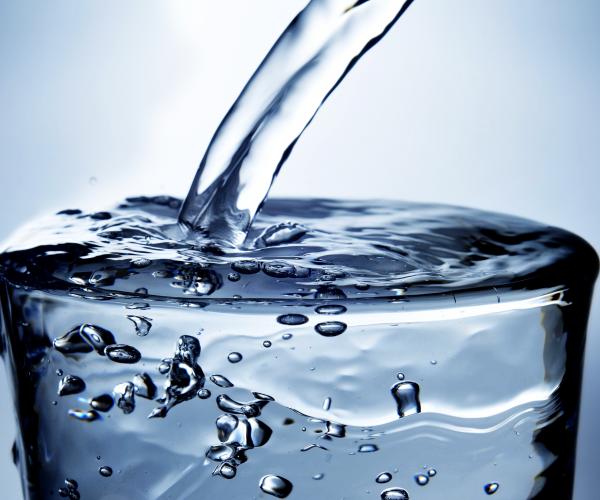
As the pandemic of COVID-19 respiratory virus is spreading around the globe, we ask if our water is safe. It is becoming more important than ever that the water we use in our homes is clean and free of harmful bacteria and elements. The main advice given to everybody has been to wash our hands regularly to prevent the transfer of the disease.
So can the COVID-19 be transferred via water and wastewater?
Below is the summary of the main facts related to the safety of our drinking water, published by various water industry associations and professional organisations in the last month, aimed to provide guidance, calm any concern and eliminate misinformation.
The World Health Organisation (WHO) issued a technical brief for water and sanitation providers in March 2020, which says that there has been no evidence that COVID-19 virus survives in drinking water or sewage, as the two main ways the virus spreads are by air and contact. The WHO brief also states that the traditional centralised drinking water treatment systems that use filtration and disinfection techniques should inactivate the COVID-19 virus.
In areas where the centralised drinking water filtration is not present, the other water treatment technologies must be used, such as simple boiling or appropriate usage of chlorine. Other alternatives include using high-performing ultrafiltration, nanofiltration filters, solar irradiation, UV irradiation for non-turbine waters.
In the developed countries, the water treatment processes that meet virus removal and inactivation regulations are expected to be effective for coronaviruses control.
According to the report from the Centre for Disease Control and Prevention (CDC), the Coronavirus has not been detected in drinking water.
With regards to the possibility of Coronavirus being transmitted through wastewater, WHO added that there “is no evidence to date that the COVID-19 virus has been transmitted via sewerage systems with or without wastewater treatment”. The CDC said that “the risk of transmission of COVID-19 from the faeces of an infected person is also unknown”. There have been no reports of faecal-oral transmission of COVID-19 to date. The risk is expected to be low based on data from previous outbreaks of related coronaviruses, such as SARS and the Middle East respiratory syndrome (MERS), according to CDC.
Now with the Coronavirus quarantine measures in place, we may wonder if the drinking water will be supplied to us in the usual manner, especially if the workers are quarantined. The answer is that, in general, the water treatment plants require few staff to operate them, are secure and have back up power. Many water treatment facilities can be operated remotely.
In-house drinking water filtration systems effectively remove bacteria and harmful elements from drinking water, making it completely safe to drink.
Reverse Osmosis RO water filtration systems still remain the favourite choice and an excellent option for households, as they are capable of removing up to 99% of the Total Dissolved Solids (TDS), bacteria and viruses, making drinking water safe and clean.